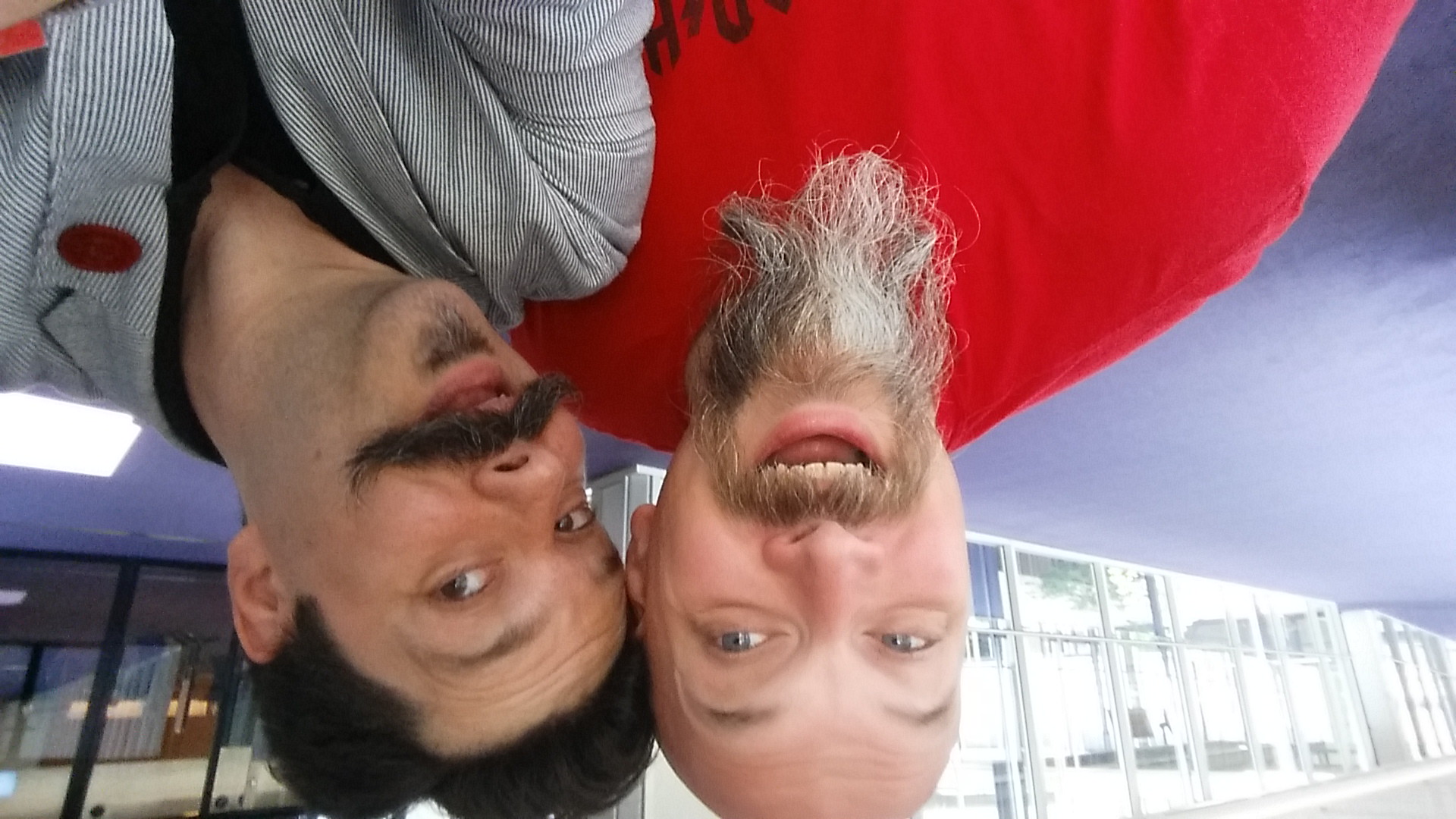Drupal friends! Drupal 8 is almost here! In the last 5+ years, we’ve gotten off the island, built bridges, and linked islands. We’ve made something powerful, accessible, and useful. We’re justifiably proud of what we’ve built and what it’s capable of. But … somehow we’re not getting the word out. Let’s change that. Get out into your open source, tech, and business communities and show them what and who they could have on their side!
##The 2015 Dutch PHP Conference
“In which two intrepid Drupalists show off Drupal 8 at a PHP conference.”
Campbell Vertesi, Technical Architect at Forum One, and I presented a Drupal 8 technical/business session at the 2015 Dutch PHP Conference in Amsterdam. We were warmly welcomed by the 500+ delegate-developers and learned a great deal from them about the broader world of Drupal’s “parent” programming language. At the same time, we took the chance to tell our PHP colleagues about what’s been going on in Drupal lately and why it could be relevant and helpful to them. Thanks again to the conference organizers iBuildings, we had a great time at a great conference! Thanks also to ForumOne and Acquia (my employer!) for supporting us at this conference.
Campbell wrote a great post about our conference experience:
Read about our session see our presentation slides:
##We’ve learned a lot building D8, now we need to share it.
Drupal 8 is a great example of what great cooperation between open source projects can look like. Thanks to PHP-FIG, the PSR standards, Composer and several years of hard work, we’ve refactored Drupal to incorporate Symfony 2 components, the Twig template engine, and lots of other external libraries. We’ve outsourced basic, commodity functionality to others so that we can specialize in what we’re good at–data ingestion and output, and managing it in between.
In Drupal land, we’ve been really busy and getting really excited about rebuilding Drupal, adopting up-to-date best practices and libraries, and building Drupal 8 to address the coming challenges of the post-browser world. But for all the getting off the island we’ve done technically, apparently we haven’t been spreading the word about it very well outside of Drupal.
Campbell and I spent a lot of our time telling other PHP developers about the exciting changes in Drupal 8 and countering some surprising misinformation about our project. I spoke with quite a few people myself who had been so horrified looking at Drupal 4, 5, 6, or even 7 that they thought they could never take our platform seriously. We’ve gotta fix this!
As Campbell put it in his post:
I was surprised to learn about Drupal’s poor reputation among the more hardcore PHP developers. Many of them had had a bad experience with Drupal 5 or 6, and never looked back. Some had tried Drupal 7 and were bewildered by the slew of Drupal- specific concepts and structures they needed to learn for even the simplest modifications. Many people I spoke with thought of Drupal as a pile of procedural code, packed with confusing workarounds and anachronisms that made it not worth adopting. Few had heard of Drupal 8’s move to contemporary, object- oriented coding practices. Many were dismissive of even the concept of an application framework like ours.
We still have a lot we can learn from the broader PHP community. While we’re out there, we need to make sure we’re also telling everyone we’ve got something great (and that we’re proud of) and how they can use and benefit from it, too.
comments powered by Disqus
